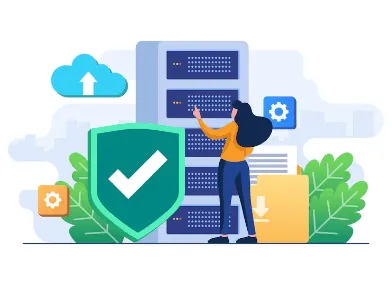
Myth: Data Encryption Alone Ensures Privacy
Reality: While encryption is a critical element of data privacy, it does not cover all aspects of data privacy. Organizations must also implement measures such as access controls, data minimization, and secure data storage practices to ensure privacy. Comprehensive privacy policies, regular audits, and adherence to relevant regulations are also necessary to fully protect personal information.

Myth: Data privacy is solely the IT department’s responsibility
Reality: Data privacy is a company-wide mandate. While IT plays a crucial role in implementing security measures, fostering a culture of privacy awareness across all departments ensures comprehensive protection. Employee negligence is a common cause of data breaches; therefore, training and involving every teammember in data privacy practices is essential.

Myth: Data privacy is solely the IT department’s responsibility
Reality: Meeting compliance standards (like GDPR, PDPL, and CCPA) is fundamental but not the panacea for all privacy issues. Compliance should be seen as the baseline, not the ceiling. A nuanced approach to data privacy goes beyond ticking off regulatory requirements; it involves a proactive and adaptive security posture that anticipates and mitigates evolving threats

Myth: Privacy Policies Are a One-Time Task
Reality: Data privacy policies require continuous evaluation and updates. As regulations and industry standards evolve, organizations must adapt their policies to reflect new requirements. Additionally, technological advancements and changes in business practices necessitate regular reviews to ensure privacy measures remain effective and compliant


 +98497 55979
+98497 55979